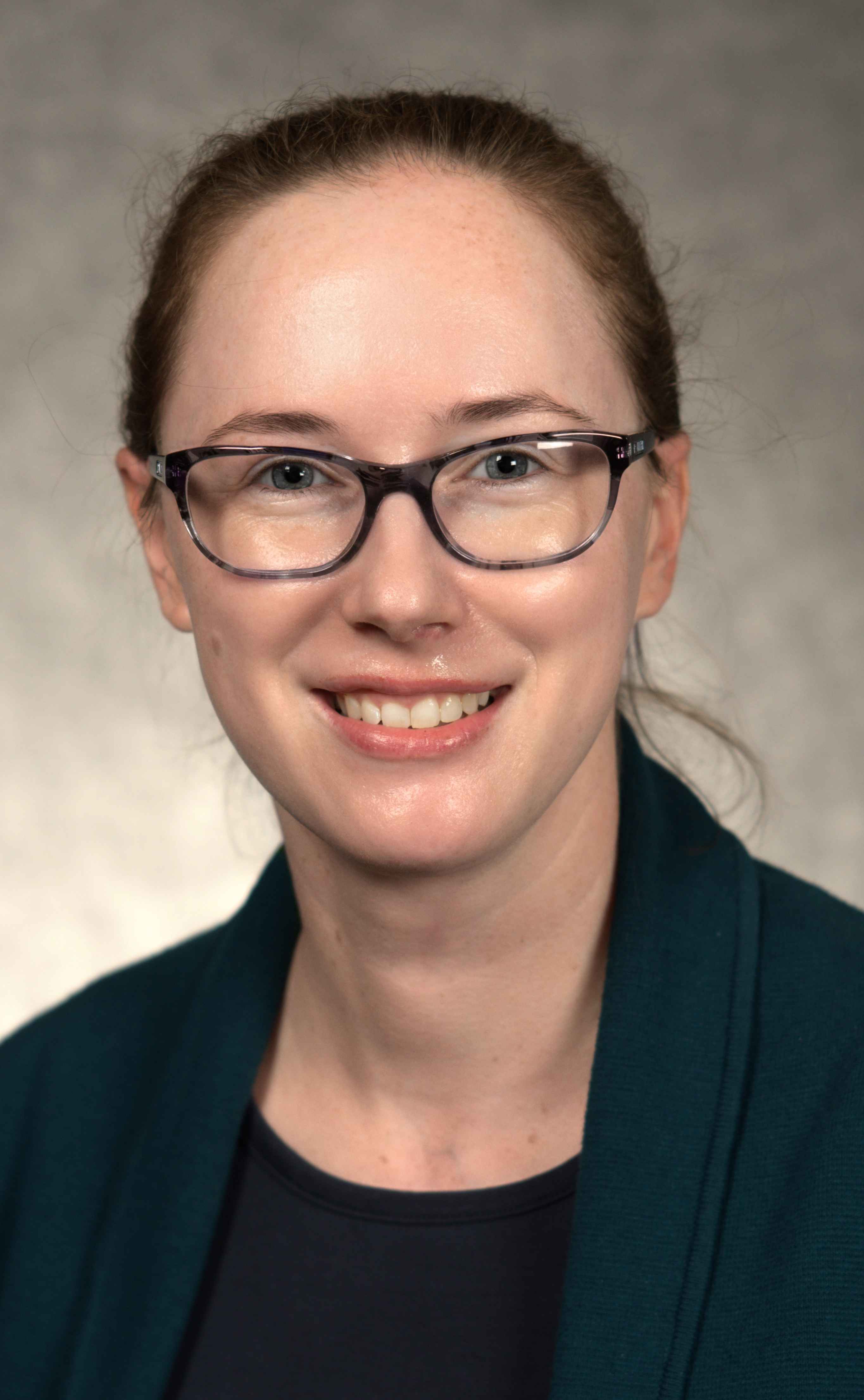
Dr. Kay Kirkpatrick, Mathematician and Physicist of U. Illinois and MIT, will speak at the university and host a lunch for women in STEM this Friday, April 13.
The American Mathematical Society UNL Graduate Chapter will proudly host Dr. Kay Kirkpatrick on Friday. We cordially invite you to her colloquium titled “Bio-Logic: New Views on Biology and Computation” from 4-4:50 p.m. in Avery 115. Note that this lecture is free and open to the public, so feel free to bring family or friends.
In addition, the AMS Graduate Chapter, with funding from the Graduate Student Assembly, is delighted to offer the opportunity for a limited number of undergraduate and graduate women in STEM fields to meet Dr. Kirkpatrick over lunch from 11:30 a.m. to 1 p.m. on Friday, April 13. The lunch is an RSVP-only event, limited to 50 women with priority given to women in STEM fields. If you wish to RSVP, please fill out the following form by copying and pasting it into your browser: https://goo.gl/forms/iqXA8iNnp31dTHU62
If you know of an undergraduate woman in your department who may enjoy this opportunity, please forward her the details to RSVP.
Bio: Dr. Kay Kirkpatrick earned her Ph.D. in Mathematics from U.C. Berkeley in 2007. In subsequent years, she held an NSF Postdoctoral Fellowship at MIT, worked as a Courant Instructor/Pire Fellow at NYU, and was a visiting professor at Paris IX Dauphine. Last fall she was a Simons Fellow Visiting Associate Professor of Mathematics at MIT, and she is currently an Associate Professor of Mathematics and Physics at the University of Illinois at Urbana-Champaign. Her research spans an incredible number of topics in mathematics, physics, and computational biology, including, but not limited to: quantum groups and von Neumann algebras, quantum and classical statistical mechanics, computational probability, spin models of ferromagnets and superconductors, and most recently, foundations of computer science, cognitive science, and artificial intelligence.
Abstract: We will discuss newly defined machines that out-perform Turing machines. In his unpublished 1948 paper, Intelligent Machinery, Alan Turing identified several types of machines, with one dichotomy that is false, between active and controlling machines. I’ll introduce a new kind of machine and define a subtype, an automatic biochemical machine, that is equivalent to a deterministic Turing machine with two oracle machines as adjuncts. Joint work with O. Osuagwu.